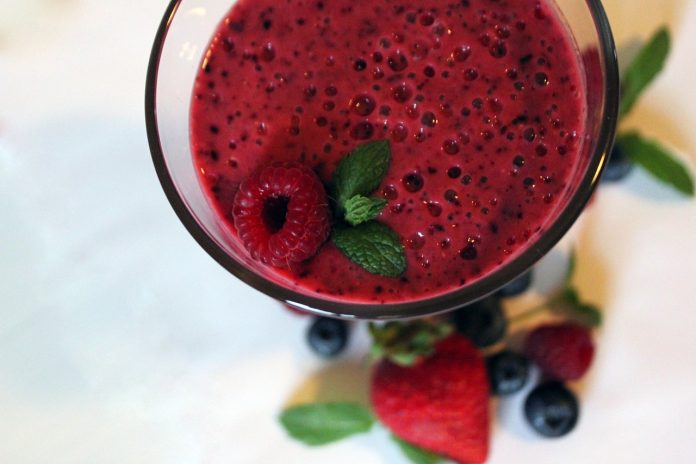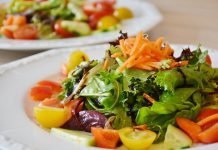
My wife had her gallbladder removed last June as she had several gallstones. Soon after the operation, she would once in a while (2 to 3 hours after supper) experience a very painful burning sensation in her tummy. She would scream uncontrollably at the top of her lungs for several seconds and spit up part of her dinner. She would feel better after a 2 or 3 “attacks” for the evening. I read the gallbladder topic Q and A you have and her situation sounds similar except that her gallbladder has been removed. These “attacks” happen less and less frequently except that she just had one yesterday after not having one for about 3 months. She knows that she should not eat foods that are very fat or fried foods. Yesterday’s supper did have stir-fried vegetables, but the overall meal was not particularly worse than other meals she has been eating without problems. Is there some randomness to be expected for the amount of fat ingested to trigger an “attack?” Is the attack triggered not necessarily by the most recent meal, but maybe by the most recent few meals?
One note about last night’s meal is that the vegetables were spicy. She doesn’t remember her doctor mentioning spicy foods, but we will ask him about it the next we see him (my wife goes to him periodically regarding hormone – thyroid hormone replacement). Do you know if she needs to avoid spicy foods also? If so, would this be for both red and black pepper?
You told the person in your Q&A too much fiber should be avoided. My wife does like to have fruit after dinner (she had an orange and a tangerine last night). As such she has had her gallbladder removed, should she avoid too much fiber also? I did give her a glass of Metamucil several weeks ago as she was constipated and this did not give her problems.
We hope to avoid this situation again by watching what she eats, but if she does happen to break down and eat something marginally fatty or lightly fried, would Tums or Pepcid AC type products help her if taken early enough?
I hope to see your reply either by email or posted on your website. Thanks.
I would recommend your wife immediately go back and see the doctor that removed her gallbladder. It is not normal for someone to experience a “very painful burning sensation in her tummy” after eating followed by throwing up food. This should not happen whether or not they have had their gallbladder removed. You do not specify whether it is in her stomach area above her belly button or in her intestinal area below her belly button. This could help her doctor locate the problem. Would not suggest you “treat” your wife’s symptoms with over the counter medicines until you find out what the cause of her pain is. You may disguise the symptoms and delay treatment with periodic periods of relief from such over the counter medicines.
People who have had their gallbladder removed have varying tolerances to the very foods that previous to their surgery may have caused gallbladder attacks. These foods may have been high fat or fried foods as well as whole grain bread and cereals, nuts, seeds or gas producing vegetables (baked beans) from the cabbage family (broccoli, Brussel sprouts, cabbage or cauliflower). This may include over the counter bulking agents like Metamucil. Spicy food seasoned with red or black pepper may cause some discomfort for persons with gallbladder disease but not necessarily. Symptoms may range from burping and gas to a feeling of fullness (like the food isn’t going the direction it should).
When this current problem is treated, your wife should be able to return to a normal diet if no other medical nutritional therapy is recommended. That means that she would be able to eat anything. If constipation were a reoccurring problem, I would suggest a high fiber diet if she were allowed a normal diet. Whole grain cereals and bread, fresh fruit (including edible peels) and fresh vegetables should be included in her daily menu. Perhaps she should see a Registered Dietitian to address all her health plans into one meal plan.



